Our team supports you
Discover how we can help youReceiving a colorectal cancer diagnosis can be frightening, but you’re not alone. The Larivière et Massicotte pharmacy team is here to support you through this difficult time, working with your healthcare specialists to ensure the best possible pharmacological treatment. Do not lose hope: colorectal cancer treatments are progressing at an incredible pace, and research has never been so promising. We’re here to give you peace of mind. You focus on fighting the disease, we’ll take care of the rest.
We’re here to help you.

What is colorectal cancer?
How is colorectal cancer diagnosed?
Colorectal cancer is usually diagnosed through a series of tests. These are designed to assess your overall health and rule out other possible sources of symptoms resembling cancer. They can also determine the type and stage of the disease.
A colorectal cancer diagnosis is usually preceded by a physical examination and health history. Then, other types of examinations may be necessary to reach a diagnosis, such as a digital rectal examination (DRE), blood tests, stool tests, colonoscopy, barium enema, biopsy, and various types of medical imaging.
What are some colorectal cancer symptoms?
In the early stages of the disease, colorectal cancer typically causes few or no symptoms. However, as the tumour grows, symptoms may include unusual changes in bowel movements, such as persistent diarrhea or constipation, bloody stools (black or bright red blood in stool) or after bowel movements, abdominal pain or discomfort, such as recurrent stomach aches, gas or bloating, abnormal weight loss, and lethargy.
What are some of the colorectal cancer treatments?
Several factors can influence the choice of treatment for colorectal cancer, such as the stage of the disease, the location of the tumour, the patient’s health, and personal choices. Most colorectal cancers are treated surgically by removing the affected part of the intestine. Chemotherapy, targeted therapy, and radiotherapy are also options.
Our pharmacists are here to answer your questions, contact us.
How can Larivière & Massicotte
support you ?
Our mission
Our committed team works hand in hand with community pharmacists, healthcare teams, and various healthcare professionals to support patients with cancer, ensuring the best possible care for them.
Common questions
Who is most affected by colorectal cancer?
More than 6,000 people are diagnosed with colorectal cancer in Quebec every year, and the average age of those diagnosed is just over 60. The majority of colorectal cancer patients are men. The highest rates are found in North America, Northwest Europe, and Australia. In contrast, diagnosis rates are lower in less industrialized countries, such as Asia, Africa, and South America.
Can you prevent colorectal cancer?
There are many ways to reduce the risk of developing colorectal cancer, such as adopting healthy lifestyle habits:
– Quit smoking
– Adopt better eating habits, such as reducing your consumption of alcohol, red meat and deli meats, eating plenty of fruit, vegetables, and fibre, and opting for whole-grain cereals
– Get at least 30 minutes of moderate-to-high-intensity physical activity every day
– Maintain a healthy weight
Don’t forget that early detection of colorectal cancer in people at risk helps to detect the disease at a less advanced stage, improving the chances of successful treatment.
What are the colorectal cancer risk factors?
Risks of developing colorectal cancer increase with age. Other possible risk factors include having a family history of colorectal cancer, familial adenomatous polyposis, or hereditary colon cancer without polyposis. People who have already been diagnosed with colorectal cancer or polyps also have a higher risk of having colorectal cancer. This is also the case for people with certain inflammatory bowel diseases, such as ulcerative colitis or Crohn’s disease.
Developing colorectal cancer can be influenced by certain harmful lifestyle habits. These include physical inactivity, being overweight, smoking, drinking alcohol, eating a lot of red or processed meat, and eating few fruits and vegetables.



